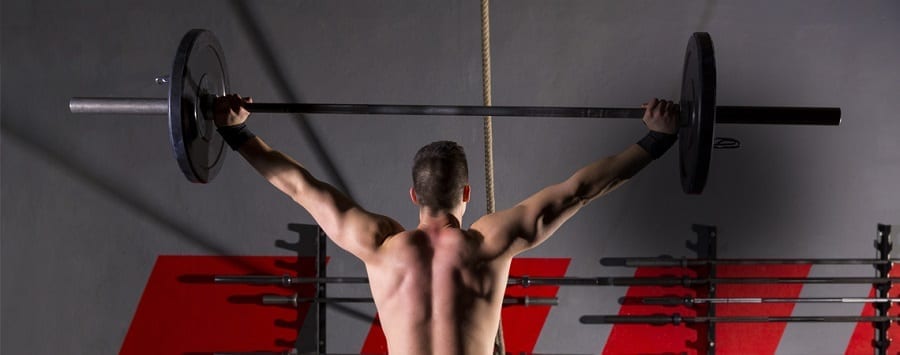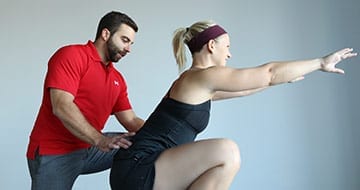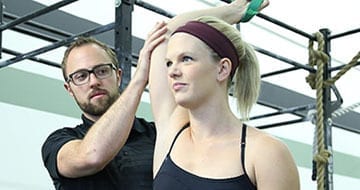In the realm of sports and athletics, every stride, every swing, and every jump represents an intricate interplay of skill, determination, and sheer physical prowess. Behind the awe-inspiring moments of triumph lies a hidden pillar of success that often goes unnoticed but remains undeniably crucial: athlete recovery. Athletes, from professionals to enthusiasts, invest countless hours honing their skills and pushing their bodies to the limits. However, what sets the champions apart from the rest is not just their training regimen but their commitment to recovery.
The significance of athlete recovery cannot be overstated; it serves as the backbone that propels better performance and unlocks untapped potential. This article delves into the depths of why athlete recovery is of paramount importance and how it serves as the key to reaching peak performance levels. Understanding and embracing the art of recovery not only minimizes the risk of injuries but also fosters consistent progress, enhances mental focus, and ultimately separates the extraordinary from the ordinary.
So, whether you’re a seasoned athlete looking to optimize your performance or a newcomer striving to excel in your chosen sport, this exploration into the world of athlete recovery will equip you with the knowledge and tools to maximize your potential and conquer new heights in your athletic journey. Let’s embark on this enlightening quest to unveil the secrets that lie within the realm of athlete recovery.
Do I need to go to my doctor?
Physiotherapy is a direct access service so we do not require you to see a doctor before coming to see us. The occasions when it is necessary to see a doctor is to request x-rays (if you think you have broken a bone) or if you need prescription medication.
The physio will make me rest from my sport.
Now, there are definitely times when full rest of a joint or movement system is necessary. Unfortunately, that is just the way it goes! But many injuries may require a certain limitation or modification, not pure rest. For example, if you injure your shoulder and it is not severe enough to hinder your running, squatting or jumping, your physio will encourage you to do those types of activities. And as it progresses, you should be encouraged to do as much as is safe and helpful to optimize recovery.
The benefits of continuing to participate not only help to maintain other systems such as the cardiovascular system, but helps to prevent the onset of lethargy and any sort of depression that may come with a sharp decline in activity.
It will just get better on its own.
In this day and age self diagnosis is the norm. And fair enough, there’s a lot of good information out there and it’s awesome to see athletes taking initiative to take care of their own bodies. However, this can sometimes create other problems. If you try to manage something on your own but start to develop bad habits (compensations) you may be making the current problem worse or creating a different one. We don’t want you to take up permanent residence at our clinic. Come on in and we can give you as much direction and homework as you can handle once we locate the root of the problem. Follow ups may or may not be necessary, but if they are suggested just keep in mind that it is for your own benefit to return you to the sport/activity you love as quickly as possible.
I’ve been to physio before. It was just a hot pack and a machine and didn’t help at all.
Hopefully you haven’t experienced this. But if you have, just know that it is NOT normal physiotherapy. Seek a second opinion if you feel you’re not getting a satisfactory experience. Hot packs and electrical machines may well be part of a whole treatment, but not all of it. Be sure to ask about exercises and stretches, as well as if you’re doing them properly and how/when you can progress them. Depending on your goals, treatment should constantly evolve as you progress.
By Arri McWatt PT, MScPT
Owner/Director – Optimize Physiotherapy










